Force and fraud are in war the two cardinal virtues
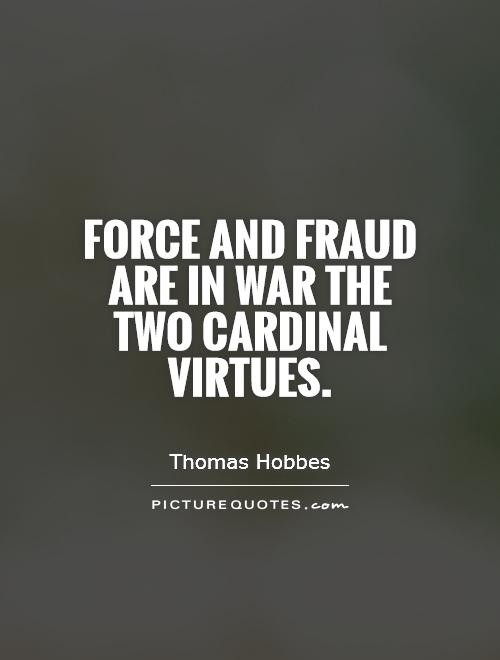
Force and fraud are in war the two cardinal virtues
Thomas Hobbes, a prominent English philosopher of the 17th century, is often associated with his famous quote, "Force and fraud are in war the two cardinal virtues." This statement encapsulates Hobbes' belief in the brutal and chaotic nature of human existence, particularly in the context of war.Hobbes is best known for his work "Leviathan," in which he explores the concept of the social contract and the necessity of a strong central authority to maintain order and prevent the descent into a state of nature, which he famously described as "solitary, poor, nasty, brutish, and short." In this state of nature, individuals are driven by their own self-interest and are willing to use force and deception to achieve their goals.
In the context of war, Hobbes believed that force and fraud were essential tools for survival and success. War, in his view, was a natural extension of the state of nature, where individuals and nations compete for power and resources. In this brutal and chaotic environment, the use of force and deception becomes necessary to protect oneself and achieve one's objectives.
Hobbes' assertion that force and fraud are the two cardinal virtues in war reflects his pessimistic view of human nature and his belief in the inherent selfishness and aggression of individuals. In a state of war, where there are no rules or moral constraints, individuals are free to use whatever means necessary to achieve victory, even if it means resorting to violence and deceit.
However, it is important to note that Hobbes did not condone or glorify the use of force and fraud in war. Instead, he saw them as unfortunate but necessary aspects of human nature that needed to be controlled and regulated by a strong central authority. In his view, the only way to prevent the chaos and violence of war was to establish a social contract and a sovereign power that could enforce laws and maintain order.
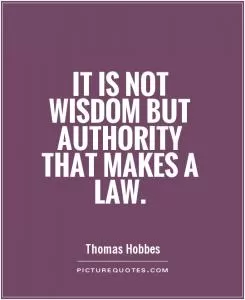
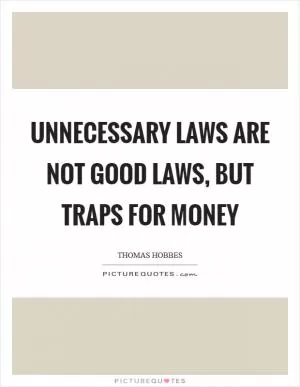
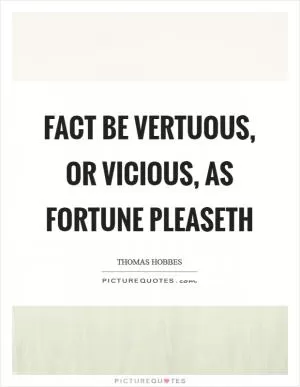
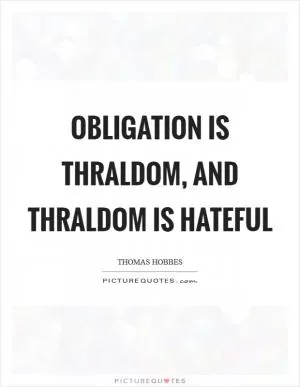

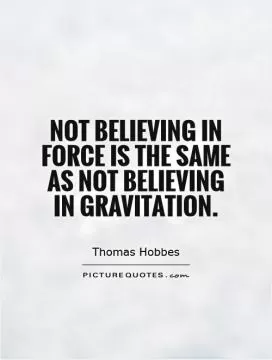
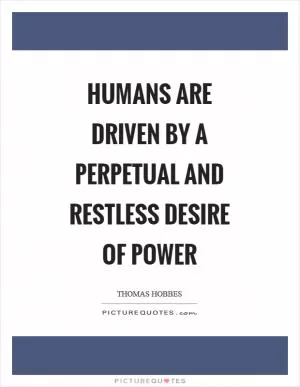


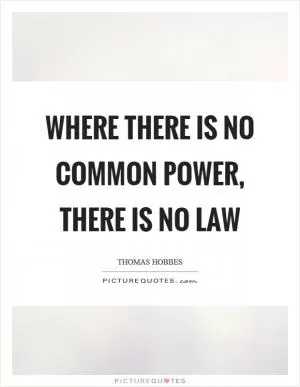
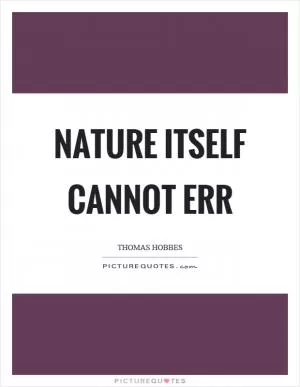
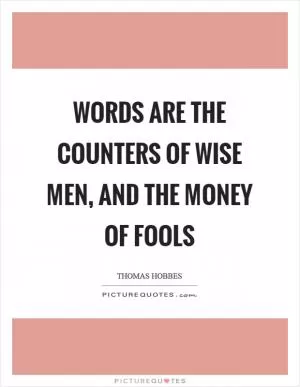
 Friendship Quotes
Friendship Quotes Love Quotes
Love Quotes Life Quotes
Life Quotes Funny Quotes
Funny Quotes Motivational Quotes
Motivational Quotes Inspirational Quotes
Inspirational Quotes